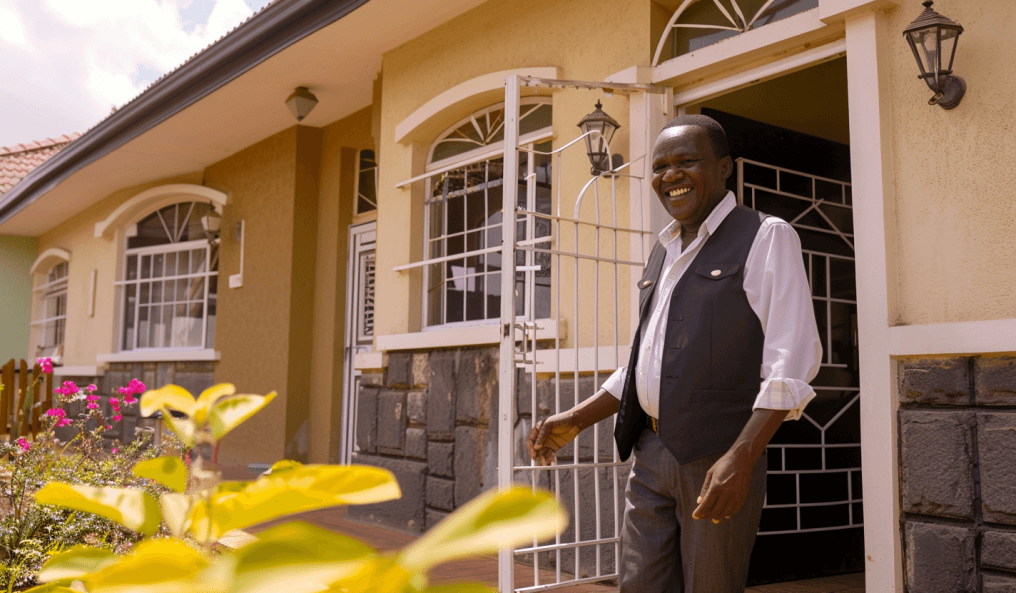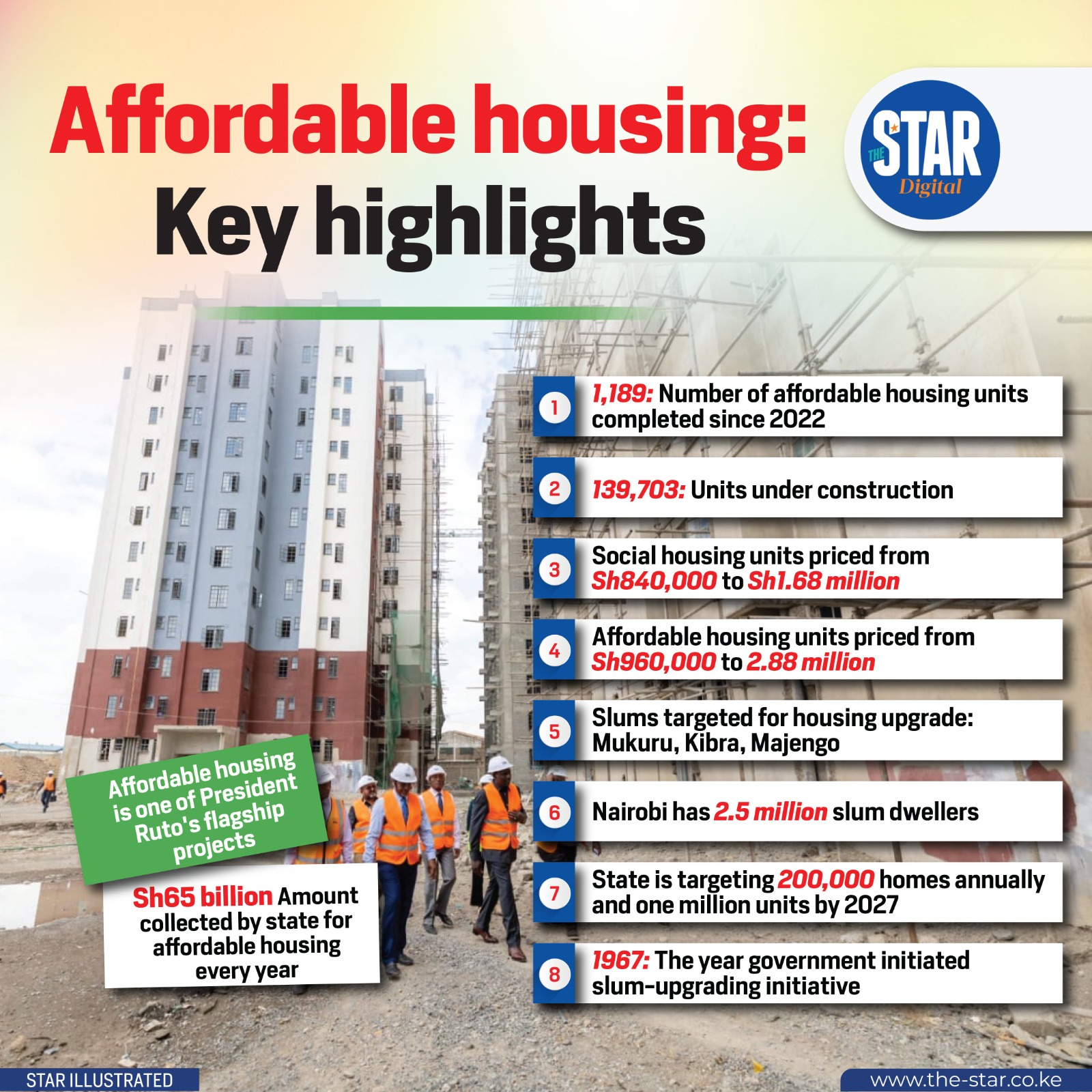Africa's economic landscape is rapidly evolving, with several cities emerging as bustling economic hubs and desirable places to live. However, this growth often comes with a higher cost of living. For expatriates, global businesses, and even local residents, understanding which cities are the most expensive is crucial for financial planning and investment decisions. As we navigate 2025, the perennial question arises: where does Nairobi, Kenya's vibrant capital, rank among Africa's most expensive cities? This blog post delves into the factors contributing to the cost of living in major African cities, compares Nairobi's position, and provides insights for residents and real estate investors.
1. Factors Contributing to the Cost of Living in African Cities
The cost of living in a city is determined by a myriad of factors, including:
- Rental and Property Prices: Housing is often the largest expense. High demand, limited supply, and quality of construction drive up costs.
- Food and Groceries: Prices of essential food items, influenced by local production, imports, and supply chain efficiency.
- Transportation: Costs of public transport, fuel, and vehicle ownership.
- Utilities: Electricity, water, internet, and gas expenses.
- Education and Healthcare: Quality and availability of private schools and medical facilities.
- Leisure and Entertainment: Costs of dining out, recreation, and social activities.
- Inflation and Currency Exchange Rates: Macroeconomic factors significantly influence purchasing power.
- Import Dependencies: Cities heavily reliant on imported goods tend to have higher prices.
Cities with robust economies, strong FDI, and growing expat communities often experience higher costs.
2. Top Contenders for Africa's Most Expensive Cities in 2025 (Expected)
Based on consistent trends from global cost of living surveys (like those by Mercer, ECA International, and Numbeo), the following cities consistently rank among the most expensive in Africa:
- Luanda, Angola: Historically a top contender, driven by a significant expatriate population in the oil industry and high import costs. While its position has fluctuated, it remains notoriously expensive.
- Kinshasa, DR Congo: Another city with high costs, particularly for expatriate accommodation and security, amidst complex logistical challenges.
- Abidjan, Ivory Coast: A major economic hub in West Africa, attracting significant business activity, which drives up prices for housing and services.
- Lagos, Nigeria: Africa's largest city by population and a major economic powerhouse. High demand for limited quality housing, traffic congestion, and infrastructure challenges contribute to high costs.
- Libreville, Gabon: Similar to Luanda, its oil-driven economy and significant expat presence lead to high prices for goods and services.
- Djibouti City, Djibouti: Strategic port location and foreign military presence contribute to high costs, particularly for imported goods and housing.
- Dakar, Senegal: A bustling capital and regional hub, facing challenges of rapid urbanization and demand outstripping supply.
- Accra, Ghana: A growing economy and attractive investment destination, leading to rising property and living costs.
These cities typically feature high demand for limited high-quality housing, significant expat populations, and often, import-dependent economies.
3. Where Does Nairobi Stand in 2025?
Nairobi, Kenya, consistently ranks among the top-tier of moderately expensive to expensive cities in Africa, often falling just outside the top 5 but firmly within the top 10 or 15. In 2025, Nairobi's position is likely to remain stable in this range, influenced by several factors:
- Rising Real Estate Prices: While the affordable housing agenda aims to provide relief, prime residential areas like Karen, Muthaiga, Lavington, and Westlands command high property and rental prices. Even mid-tier areas have seen steady appreciation.
- Traffic Congestion and Commute Costs: Despite infrastructure improvements like the Expressway, Nairobi's traffic remains a challenge, adding to transport costs (fuel, public transport fares).
- Cost of Imported Goods: Kenya relies on imports for many consumer goods, which, combined with taxes, contributes to higher prices for a wide range of products.
- Quality Healthcare and Education: Private international schools and top-tier private hospitals are expensive, catering to a specific demographic.
- Stable Economy and Regional Hub Status: Nairobi's role as a regional economic, diplomatic, and logistics hub attracts foreign investment and expatriates, sustaining demand for high-quality services and amenities, thus keeping prices elevated.
Compared to the very top, Nairobi might be slightly more affordable in terms of certain local goods and services, but for housing, particularly in desirable neighborhoods, it remains a significant expenditure.
4. Insights for Residents and Real Estate Investors in Nairobi
For Residents:
- Budget Wisely: Housing will be your largest expense. Consider satellite towns for more affordable options.
- Public Transport: Utilize public transport where efficient to cut down on costs.
- Local Markets: Shop at local markets for fresh produce to save on grocery bills.
- Utility Management: Be mindful of electricity and water consumption.
For Real Estate Investors:
- Target the Mid-Market/Affordable Segment: This segment offers robust demand and potential for consistent returns, particularly with government support.
- Consider Satellite Towns: Areas like Ruiru, Kitengela, Athi River, and Limuru offer lower entry costs and strong growth potential due to urban sprawl.
- Industrial and Logistics: High demand for warehousing and industrial parks continues to present strong investment opportunities.
- Mixed-Use Developments: Projects that combine residential, commercial, and retail elements can offer diversified income streams and cater to evolving urban needs.
- Sustainability: Investing in green buildings and sustainable developments can attract environmentally conscious tenants and command premium values in the long run.
Conclusion: Nairobi – A Desirable Yet Pricey African Capital
In 2025, Nairobi stands as a desirable and dynamic African capital, offering significant economic opportunities and a vibrant lifestyle. While not consistently topping the list of Africa's most expensive cities, its cost of living, particularly in terms of real estate, places it firmly among the pricier urban centers on the continent. For residents, strategic budgeting and exploring alternatives in growing satellite towns are key. For real estate investors, understanding these cost dynamics and focusing on high-demand, high-yield segments will be crucial for navigating Nairobi's competitive yet rewarding property market. Nairobi's continued growth ensures it will remain a significant player in Africa's urban landscape, with its cost of living remaining a key consideration.




